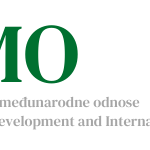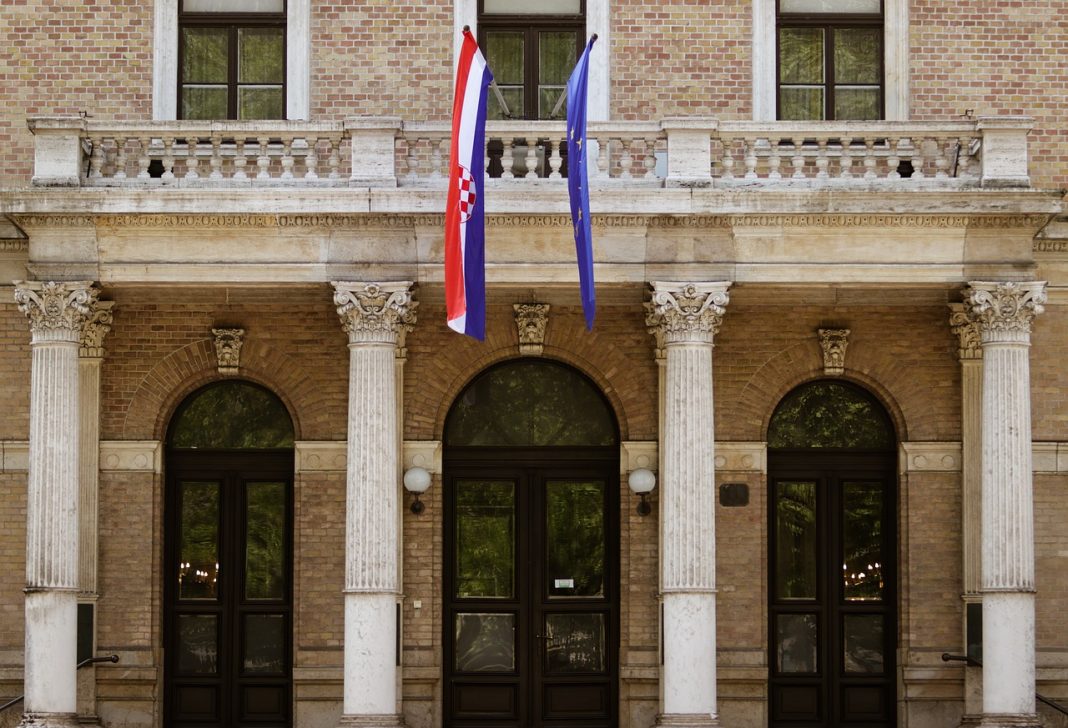This article addresses the issue of Euroscepticism in Croatia after its 2013 EU accession. It starts with a theoretical section that explores the phenomenon of Euroscepticism and particularly examines the insufficient agreement between elites and citizens on the issue of European integration. The central section starts with the analysis of the general lack of support for the EU integration in the form of regime and exit scepticism in the opinion polls. Subsequently, the general party-based Euroscepticism is analysed primarily through the lens of the 2019 European Parliament election campaign in Croatia which emphasized profound divisions between its mainstream and populist parties. Separate section of the article is dedicated to the analysis of elite and public Euroscepticism towards specific EU policies: Eurozone membership, enlargement policy, common security and defence policy as well as the rule of law. The analysis of the public opinion in all sections of the article relies mostly on standard Eurobarometer reports and compares the results for Croatia with the EU average. The article shows that after Croatia’s EU accession, public sentiment about the EU has not significantly changed, with opinion polls still showing a high degree of Euroscepticism on selected topics. Simultaneously, there is an increase of party-based Euroscepticism.
Authors: Hrvoje Butković, PhD, Institute for Development and International Relations, Croatia, & Senada Šelo Šabić, PhD, Institute for Development and International Relations, Croatia.
This text has originally been published on the New Europe Centre website.
Access the IRMO website.

To cite the article: Butković, Hrvoje; Šelo Šabić, Senada. The Challenges of Euroscepticism in Croatia: Ten Years After EU Accession. Online Journal Modelling the New Europe. 42 / 2023; 81-108. ISSN 0323-1844. doi: 10.24193/OJMNE.2023.42.05.


